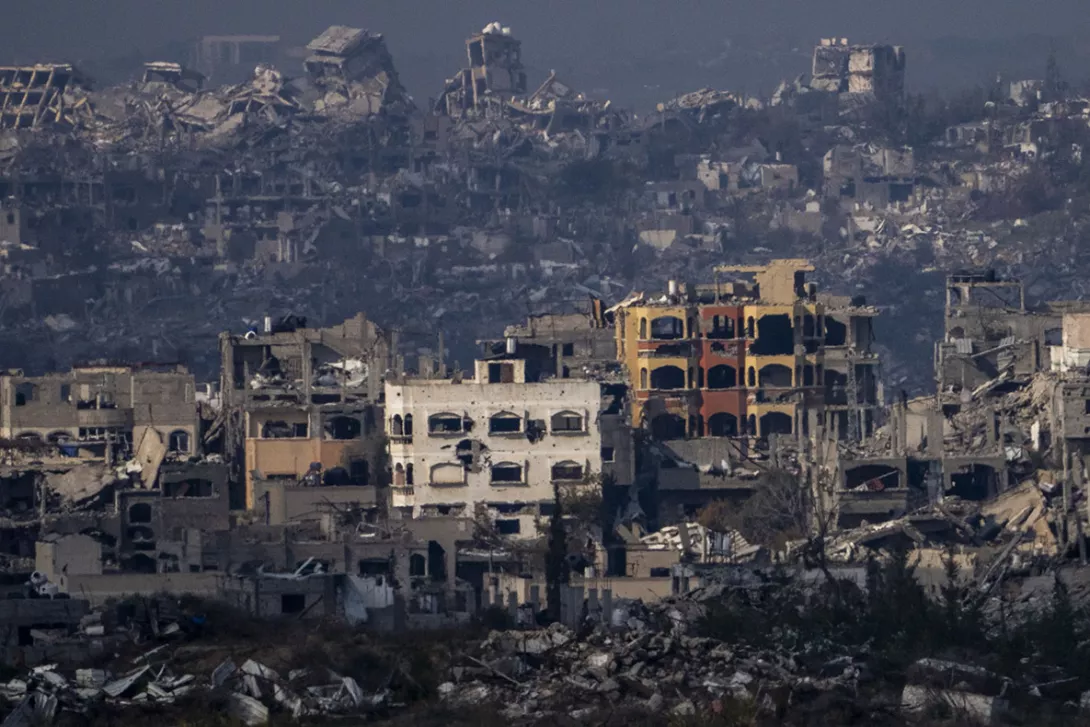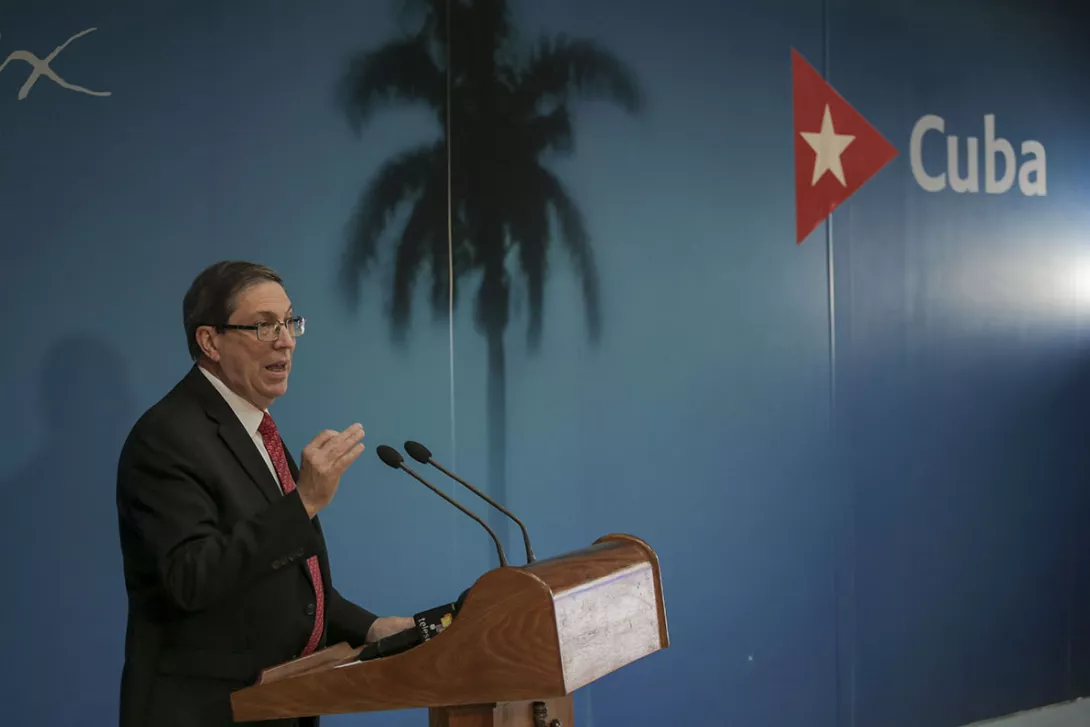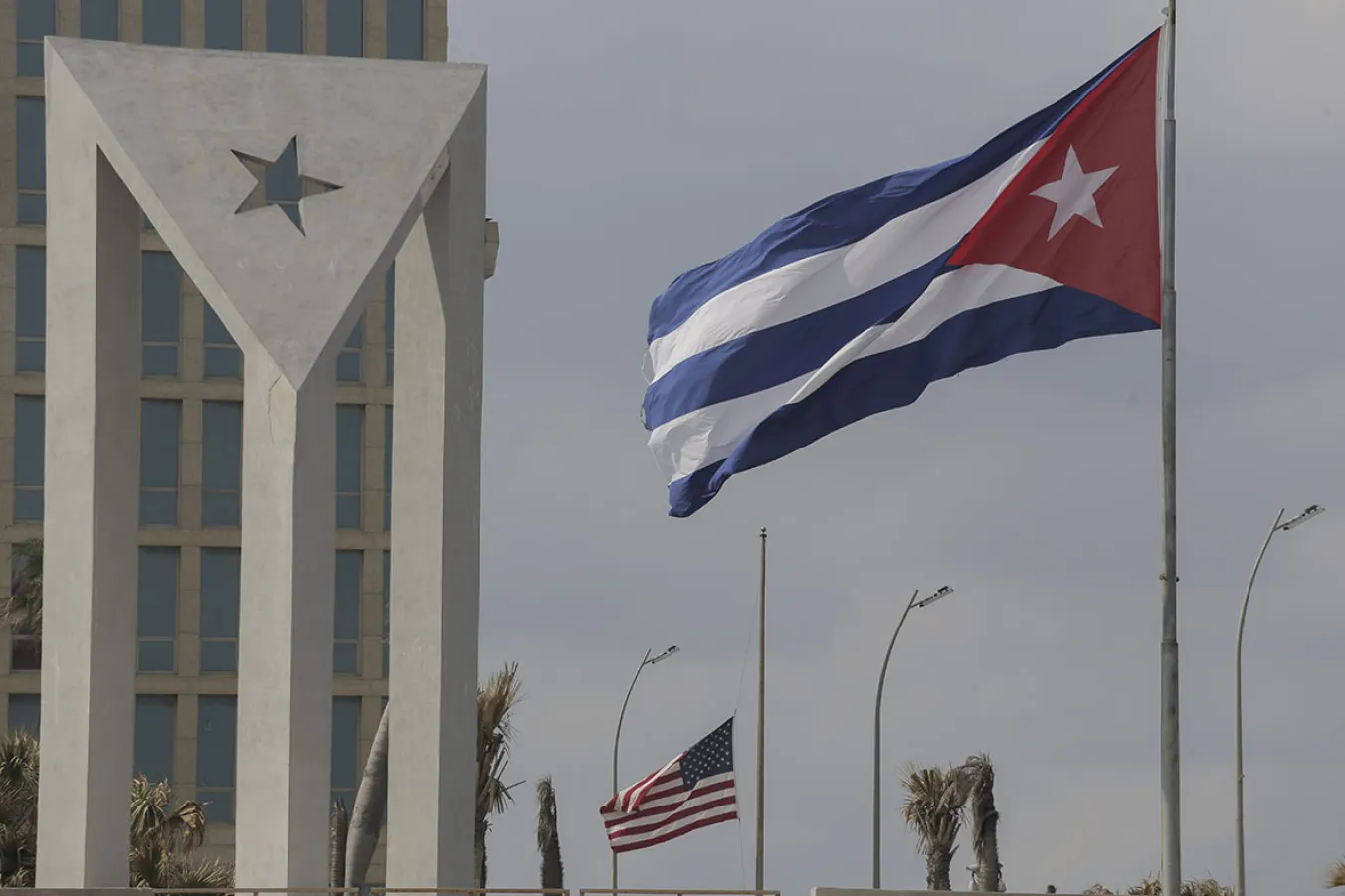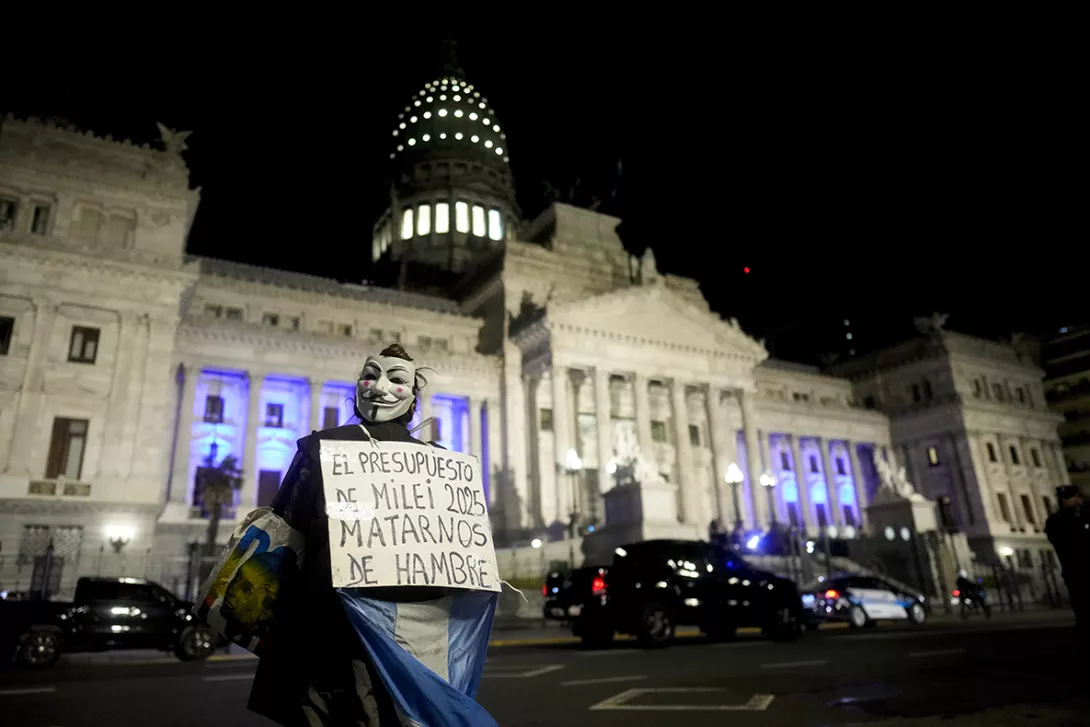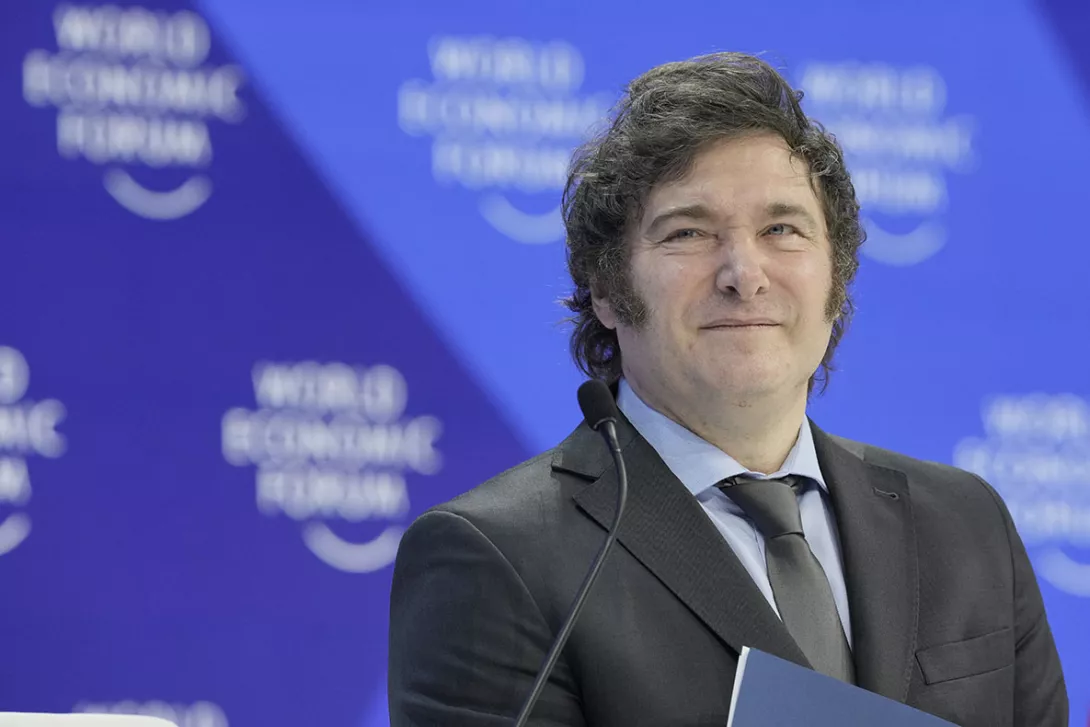Poverty levels in Argentina have soared to 57 per cent, says new study
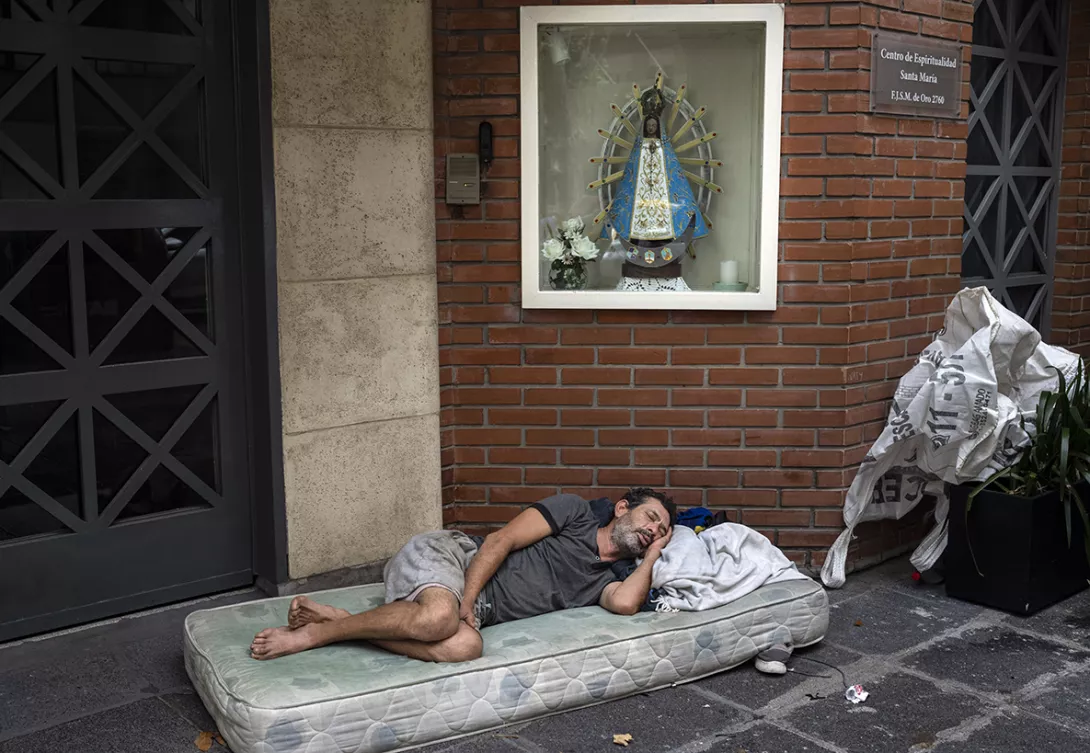
POVERTY levels in Argentina skyrocketed to 57.4 per cent of the country’s 46 million people in January, the highest rate in 20 years, according to a new study.
The findings in a study by the Catholic University of Argentina (UCA) prompted accusations between Argentina’s former vice-president Cristina Fernandez de Kirchner and the government of President Javier Milei, who came to power in December last year announcing a fire-sale of public assets and sweeping attacks on pensions and workers’ rights.
About 27 million people in Argentina are poor and 15 per cent of those are mired in destitution, meaning they cannot adequately cover their food needs, according to the study released over the weekend.
More from this author
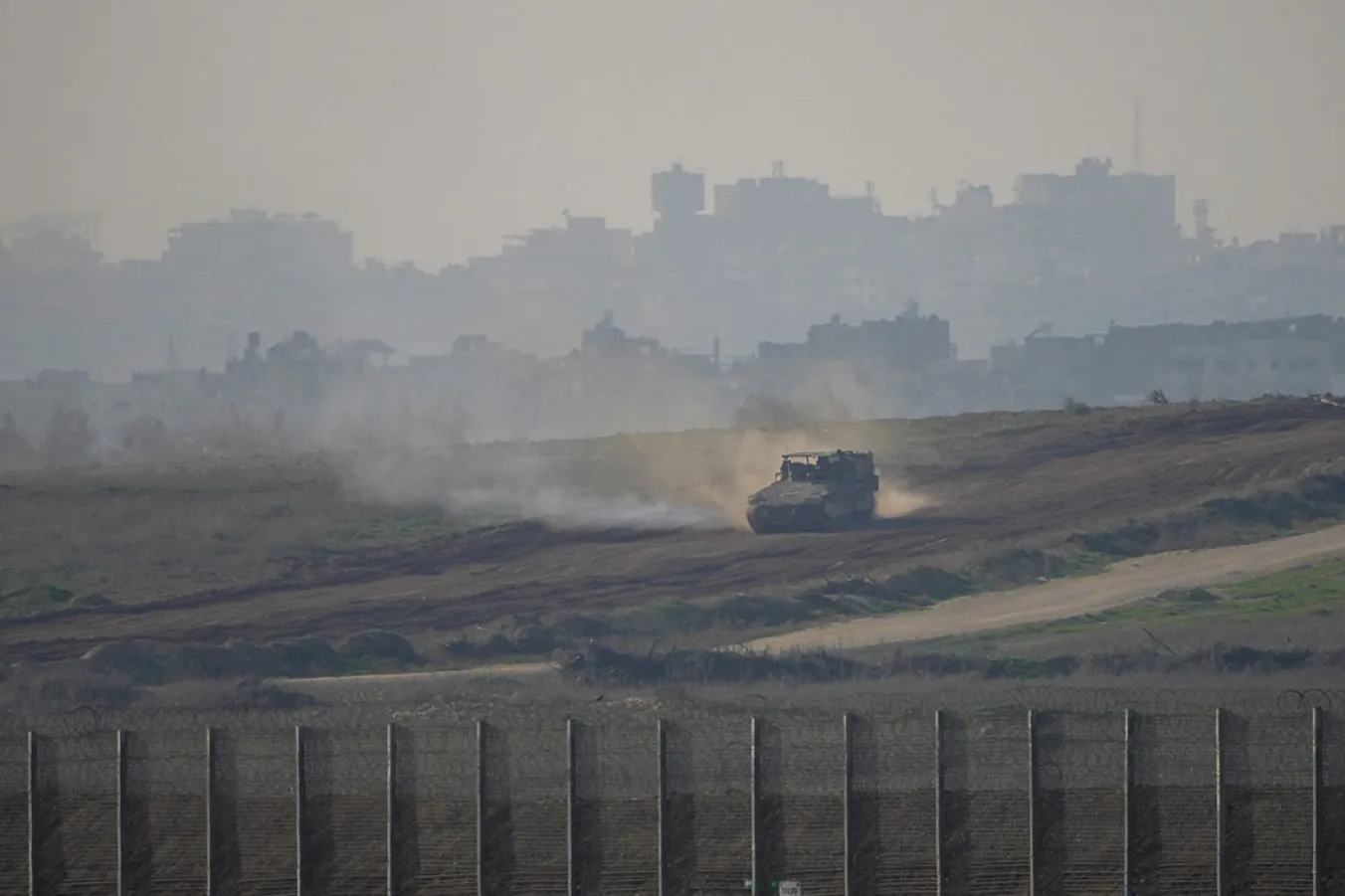
While Israel stalls on ceasefire agreement, its military kills another 78 people in Gaza


